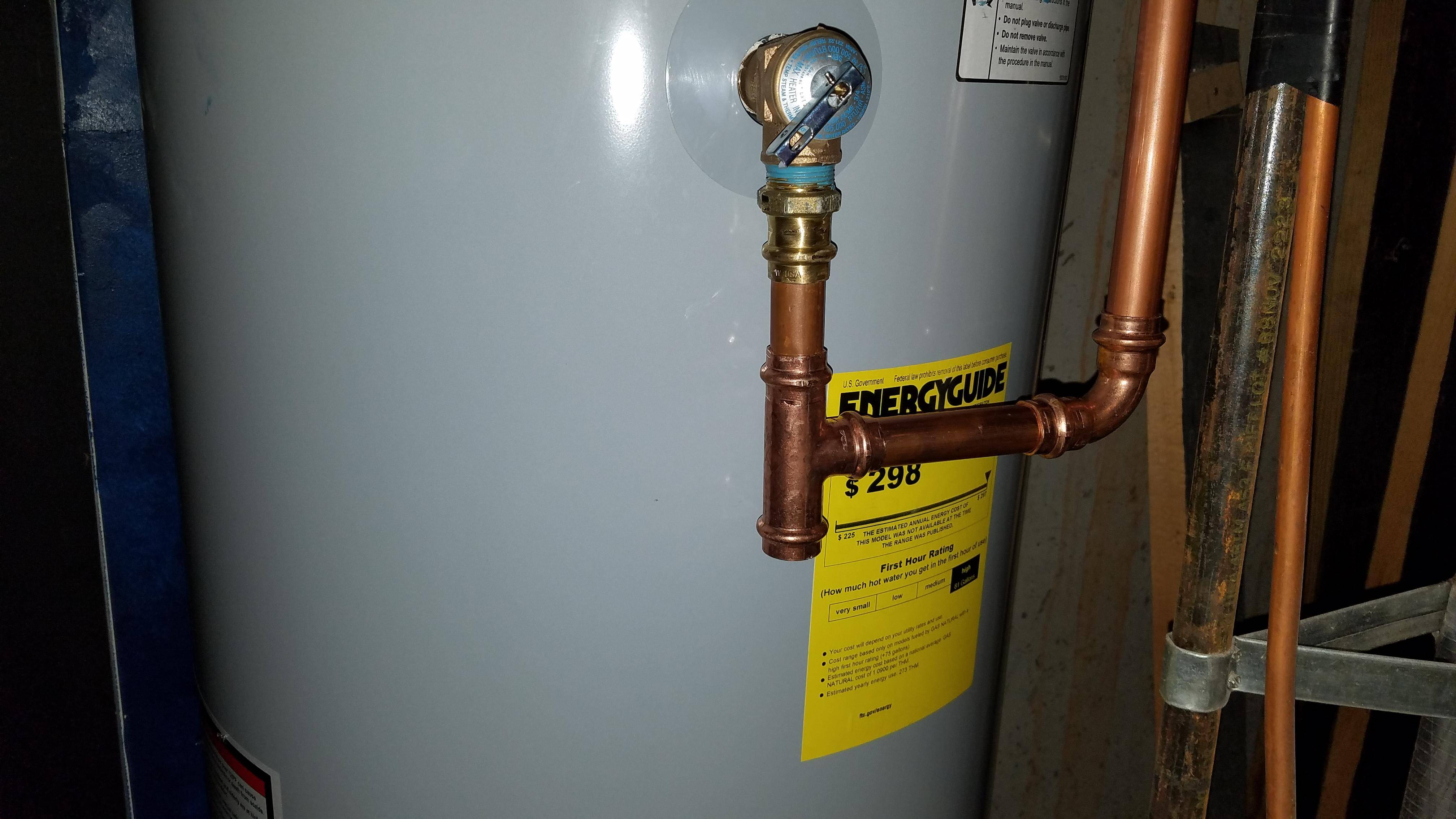My neighbor and good friend is a union steamfitter, and general handyman. He had to replace his electric hot water heater last year and he did it himself.
My wife and I have to replace ours now, and he says its a super simple job and he has offered to help me do it. I came across this article and many others that warn that these heaters can actually explode if installed improperly, and it has us a little concerned (to say the least!).
I understand that the knee jerk, default response in these situations is: if you feel uncomfortable doing this yourself, have a professional do it. And I get that, I really do. I'm just trying to weigh all our options here.
So I ask: under what conditions can electric hot water heaters explode? It sounds like (if I'm reading these articles correctly) that they explode when both the temperature is set too high and the expansion tank is malfunctioning. So if that's the case, then my followup question might be: OK, well, how hot is "too hot" and how can I test my expansion tank to confirm its functioning properly?!
However, if there are other instances where these types of heaters can explode, I'd like to know about them, and what the diagnostic/operating procedure is to prevent those situations from happening.
At the end of the day, if I don't feel 100% confident in the process, we'll have a pro do the install. But if its as simple as checking a few things or taking care to avoid certain specific pitfalls, I'd rather save the ~$2500 and just do the install with the help of my handy friend.

